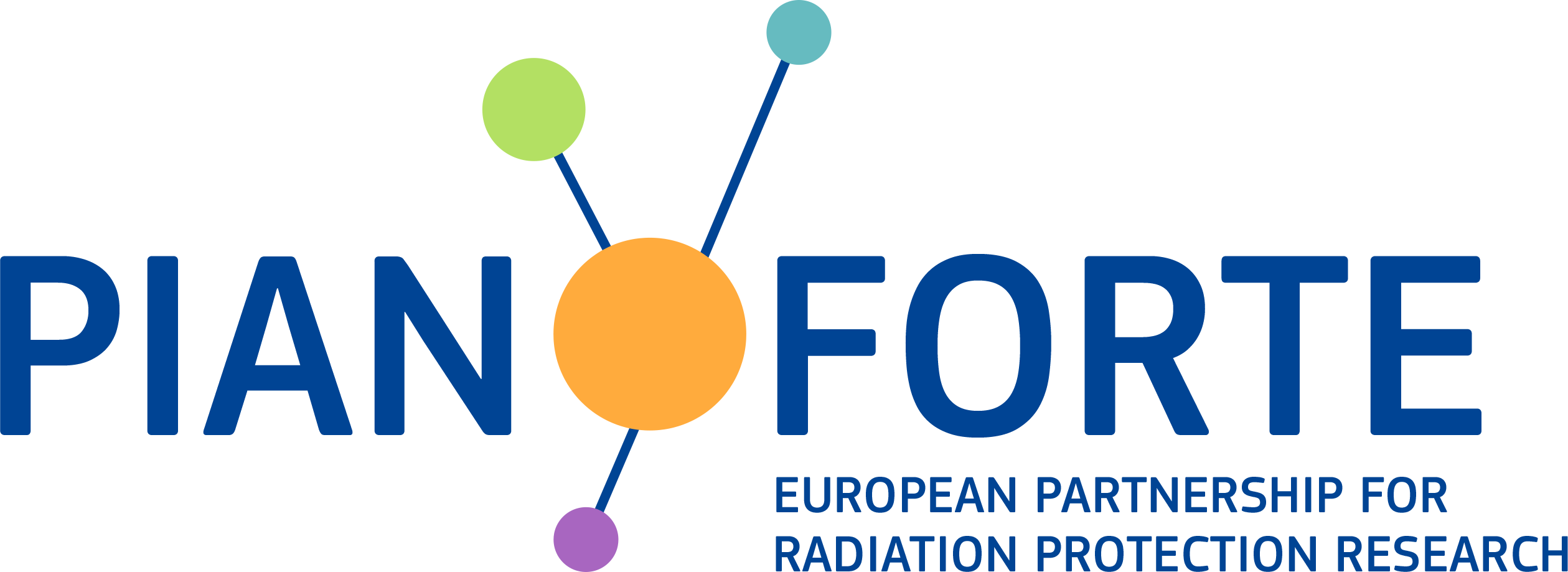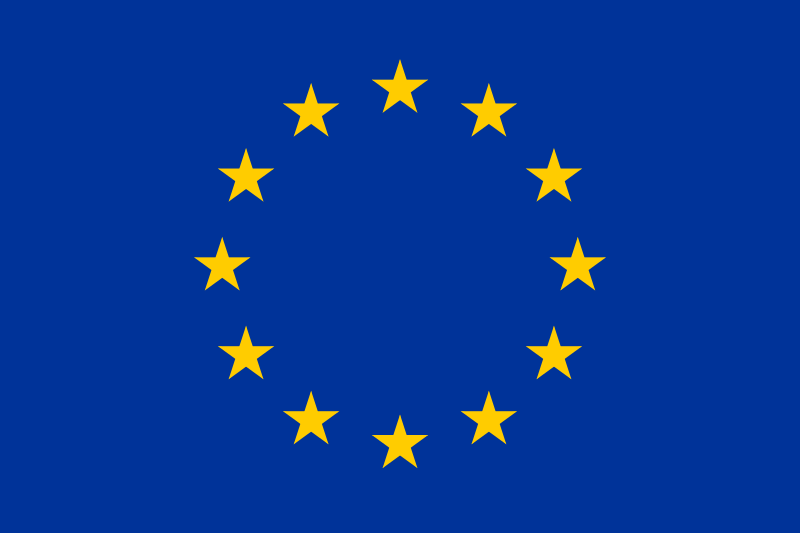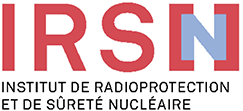The JCS will act as central helpdesk to the applicants regarding all aspects of proposal drafting and submission.
Applications are established according to the PIANOFORTE open research call specifications that will be validated in task 7.2. The JCS will gather lists of recognized external experts from different filed and with the necessary complementary scientific skills in order to allow a timely and transparent evaluation of each proposal by at least three experts. These experts may come from any country (EU or not), and may have a previous experience in assessing EURATOM or other EC RTD proposals. They must sign a declaration of commitment, a declaration concerning confidentiality of information and a declaration of interests as prepared in Task 7.2.
After proposal submission deadline, the JCS will be responsible for the formal check of the submitted proposals and the organization of the eligibility check of the applicants. All applications are evaluated by three independent evaluators, chosen after carefully checking any potential conflict of interest with the entities involved in the proposal.
The evaluation criteria and scoring system is based on Annex D of the EURATOM Work Programme 2021-2022, supplemented by a PIANOFORTE Open Call evaluation manual to be used by evaluating experts, which will be developed in Task 7.2.
These criteria are made up of three groups of equal importance:
- scientific excellence;
- expected impact towards PIANOFORTE’s scientific and integration objectives;
- quality and efficiency of the implementation.
In a second stage, all applications will be discussed in a Peer Review Panel (PRP) meeting, which will allow them to confront their quotations, and reach consensus on the establishment of a common Applications Assessment Report, as well as a Ranked List of Eligible Projects (RLEP) identifying those applications with marks above the eligibility thresholds as specified in the evaluation procedures defined in task 7.2.
The selection procedure will be followed by an independent expert who will act as an official observer and who will make a report. JCS will take all lawful steps to ensure confidentiality of information and documents obtained during the evaluation and selection procedures of the open research call. After the finalization of all open calls procedures, the list of experts will be made public.






 Task 7.1 Setting up a Calls Secretariat and Call Steering Committee (CSC)
Task 7.1 Setting up a Calls Secretariat and Call Steering Committee (CSC)

